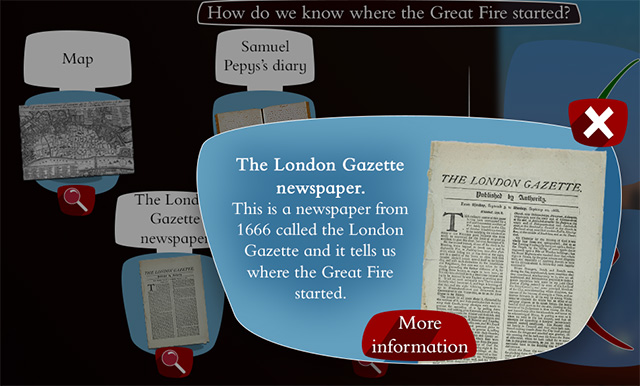Knowledge-rich approaches to history
Primary History article

Knowledge-rich approaches to history and the discipline of history
In recent years, there has been growing support from policy makers in England for knowledge-rich curricula which view subjects like history as having cultural capital that all pupils should have access to regardless of background. The work of E.D. Hirsch has been particularly influential in arguing that a lack of key knowledge leads to a deficit in cultural literacy. On the face of it, these are worthy aims. The power of knowledge has also been linked to a growing interest in cognitive psychology and the development of long-term memory that is currently informing changes to teacher induction in England. However, a note of caution should be sounded when this is applied to history education.
Knowledge is an essential aspect of history education. Knowledge provides the building blocks for constructing historical narratives. However, by emphasising knowledge-rich approaches there is a danger of unbalancing and disrupting the discipline by valuing one aspect over others...
Image: screenshot from the Museum of London's Great Fire of London game
This resource is FREE for Primary HA Members.
HA Members can sign in to access this content or you can Join the HA if you are not already a member.


